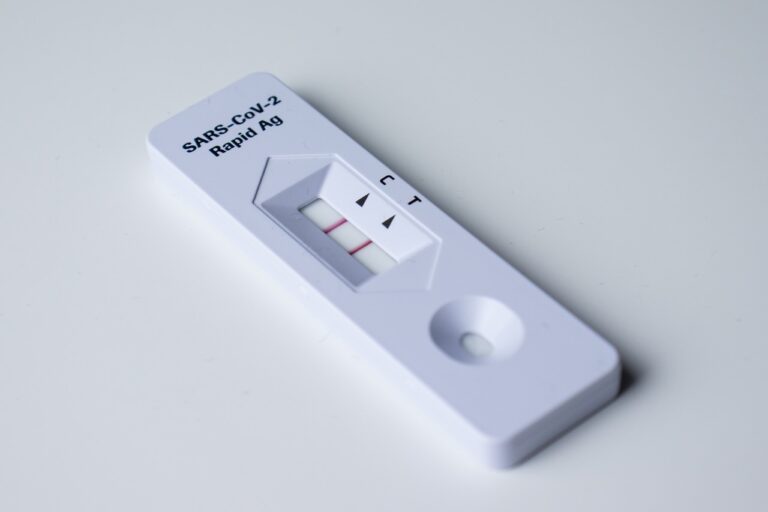Exploring the Connection Between Gut Health and Immunity
The gut microbiota, a vast community of microorganisms residing in the gastrointestinal tract, plays a crucial role in modulating immune function. These microbial populations interact with the cells of the immune system, influencing their development, response to pathogens, and overall balance within the body. Through intricate communication pathways, the gut microbiota helps regulate the immune system’s ability to distinguish between harmful invaders and beneficial substances.
Numerous studies have highlighted the impact of gut microbiota on immune function, showcasing how disruptions in this delicate balance can lead to various health issues. Imbalances in the gut microbiota composition, known as dysbiosis, have been associated with conditions such as inflammatory bowel disease, allergies, and autoimmune disorders. Understanding the complex interplay between the gut microbiota and the immune system is essential for developing targeted therapies that aim to restore or maintain a healthy balance, promoting overall immune health and well-being.
Understanding the Gut-Immune System Axis
The gut-immune system axis plays a crucial role in maintaining overall health and well-being. The gut is home to trillions of microbes that collectively make up the gut microbiota. These microbes interact with the immune system in a dynamic and complex manner, influencing immune responses and regulating inflammation.
Research has shown that imbalances in the gut microbiota can lead to dysregulation of the immune system, resulting in increased susceptibility to infections, autoimmune disorders, and chronic inflammatory conditions. Understanding the intricate communication between the gut and the immune system is essential for developing strategies to promote a healthy gut microbiota and support a robust immune response.
What is the role of gut microbiota in immune function?
Gut microbiota play a crucial role in regulating the immune system by interacting with immune cells and influencing immune responses.
How does the gut-immune system axis work?
The gut-immune system axis refers to the bidirectional communication between the gut microbiota and the immune system, where the gut microbiota influence immune responses and vice versa.
Can an imbalance in gut microbiota affect immune function?
Yes, an imbalance in gut microbiota, known as dysbiosis, can lead to dysregulated immune responses and increase the risk of inflammatory and autoimmune conditions.
How can we support a healthy gut-immune system axis?
Consuming a diverse and balanced diet, maintaining good hygiene practices, getting regular exercise, managing stress, and avoiding excessive use of antibiotics can all help support a healthy gut-immune system axis.





